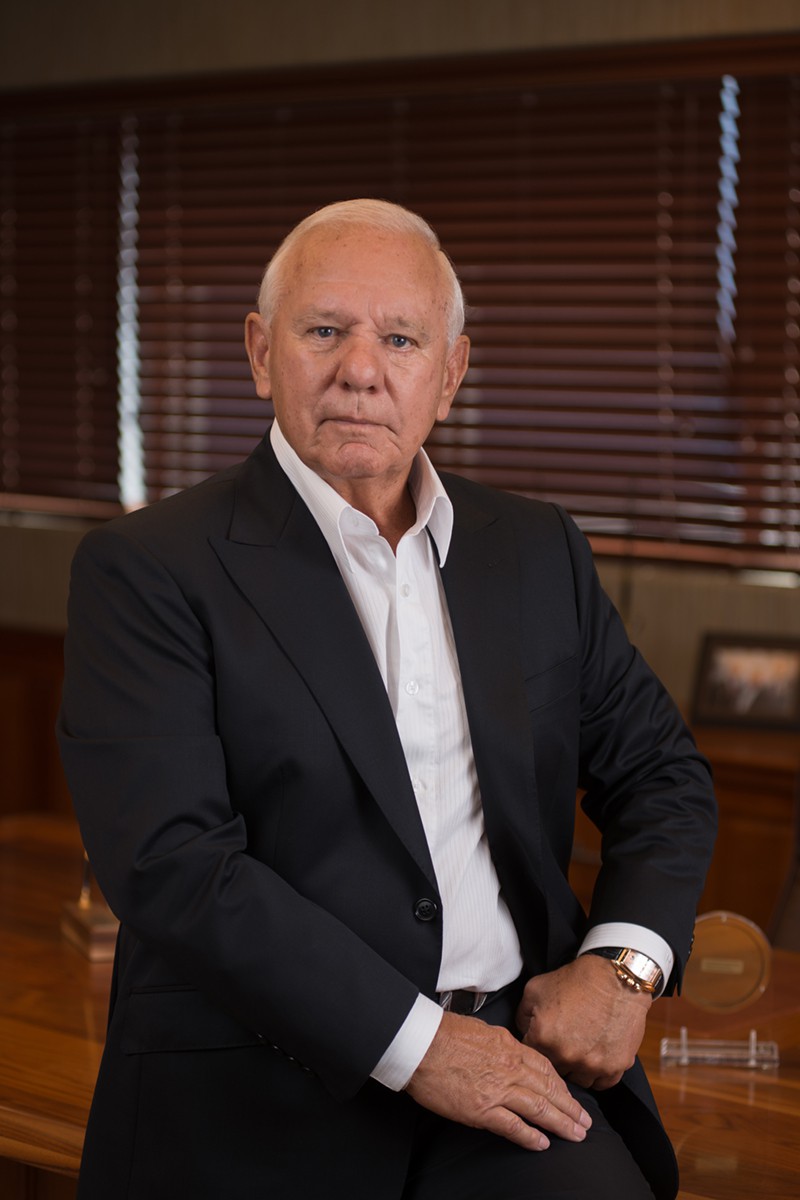Both these providers aim to make it simpler to invest. Find out the pros and cons of each.
There’s been an upsurge within the financial industry of companies trying to make investing easier. So-called robo-advisors like Betterment have emerged on the scene, aiming to take away business from traditional providers like Vanguard Group. Yet Vanguard and some of its peers have fought back with similar options of their own, while also trying to emphasize the value of human oversight in developing and managing a long-term investment strategy. For investors looking to keep costs low in setting up a simple but effective investment strategy, the key question is whether one service does a better job of meeting their needs than the other. Let’s take a closer look at Vanguard and Betterment to see what each company offers clients.
How Betterment came to be a key innovator in robo-investing
Betterment’s story involves its two co-founders, Jon Stein and Eli Broverman. Both wanted a better way to invest than they found in the existing marketplace, and so they sought to develop a service whose interests would be completely aligned with customers and could deliver sophisticated advice and investments to the broadest possible range of clients. In particular, smart technology has allowed Betterment to improve the investing experience for its customers, allowing them to feel a sense of control and understanding that many traditional advisors thwart and obscure.
Betterment has designed a portfolio that it believes will achieve the best possible returns given the level of risk that you’re comfortable taking. By avoiding timing mistakes and high-cost investments while taking advantage of diversification and other techniques, Betterment believes it can deliver returns that are 4 percentage points higher than what typical do-it-yourself investors achieve. That might not sound like much, but the difference between a 6% average annual return and a 10% return can add up over the years to hundreds of thousands of dollars by the time you retire.
In particular, Betterment takes advantage of ongoing investments to rebalance portfolios dynamically. Many advisors mechanically take deposits and allocate them according to fixed percentages, leaving rebalancing to happen on a much less frequent basis. By contrast, Betterment directs new investments to where they’ll be most effective in rebalancing, capturing the benefits of buying cheaper investment assets more quickly and efficiently.
Betterment also charges less than many traditional investment advisors. Typically, full-service investment firms can charge 1% or more for wealth management services. Betterment has a sliding scale, charging 0.35% for those with less than $10,000 in their accounts, 0.25% for those with between $10,000 and $100,000, and 0.15% for those with $100,000 or more. You’ll also pay the underlying fees on the exchange-traded funds in which the service invests, many of which are actually managed by the Vanguard Group.
Finally, Betterment offers ways to save on taxes. Its tax-coordinated portfolio option considers how tax-efficient various investments are and then uses IRAs, 401(k)s, and other tax-advantaged accounts to hold those assets that will benefit the most from their tax advantages. Betterment also uses tax loss harvesting strategies that maximize available tax benefits while minimizing the tax drag that some other services incur.
How Vanguard thinks it’s better than Betterment
Vanguard has looked more closely at the robo-advisor model, and the result is its Personal Advisor Services offering. Traditionally, Vanguard has aimed to be the low-cost provider of investment services, but in this case, its 0.30% annual charge is higher than Betterment for those with $10,000 or more to invest. Investors also have to pay underlying ETF fees, which are similar to Betterment’s since they share many of the same ETF options in common.
Vanguard aims to distinguish itself by offering a greater level of human interaction in its investment process. The company says that personal advisors are directly involved in building client portfolios, and they are also available as needed for clients who want to consult with a professional directly.
Vanguard offers many similar features to what you’ll find at Betterment. The rebalancing is automated, taking away the need to manage it yourself. You can have the service take into account assets that are held elsewhere, adjusting your Vanguard portfolio to reflect what your outside assets cover.
The major problem with Vanguard for many investors is that it has a high minimum investment amount. With a $50,000 requirement, Vanguard has drawn a line in the sand reflecting its desire for a more profitable business, while Betterment is content to start small in the hope that growing account balances will boost its revenue over the long run.
Which service is right for you?
Whether Betterment or Vanguard is more attractive depends in large part on how much you have to invest and how much personal interaction you want. For those who are comfortable with automated services, Betterment offers managed access to ETFs from Vanguard and other providers at a lower cost than Vanguard does. For those who put high value on the potential for personal interaction, Vanguard Personal Advisor Services will look much more attractive than the automated services that form the backbone of the Betterment platform.
Wealth experts reveal the cold, hard truth about retirement income
The facts will make your eyes water. In 2014, half of adults 65 or older earned less than $22,248 from all sources, including Social Security AND their investments. Which begs the question: How can retired investors like you earn more income?
To help solve this urgent investor problem, one concerned financial planner – working alongside the experts at Motley Fool Wealth Management – has just released a brand-new report, “Your Retirement Paycheck: 6 Simple (and Smart!) Ways to Earn Income After You Stop Working.” And your copy is 100% free today.
Inside this no-nonsense report, you’ll discover the cold, hard truth about Social Security… earning money from your home… boosting your dividend income… and so much more! Don’t miss out on your FREE copy, including the simple ways you could earn more cash starting right now.
Try any of our Foolish newsletter services free for 30 days. We Fools may not all hold the same opinions, but we all believe that considering a diverse range of insights makes us better investors. The Motley Fool has a disclosure policy.
















